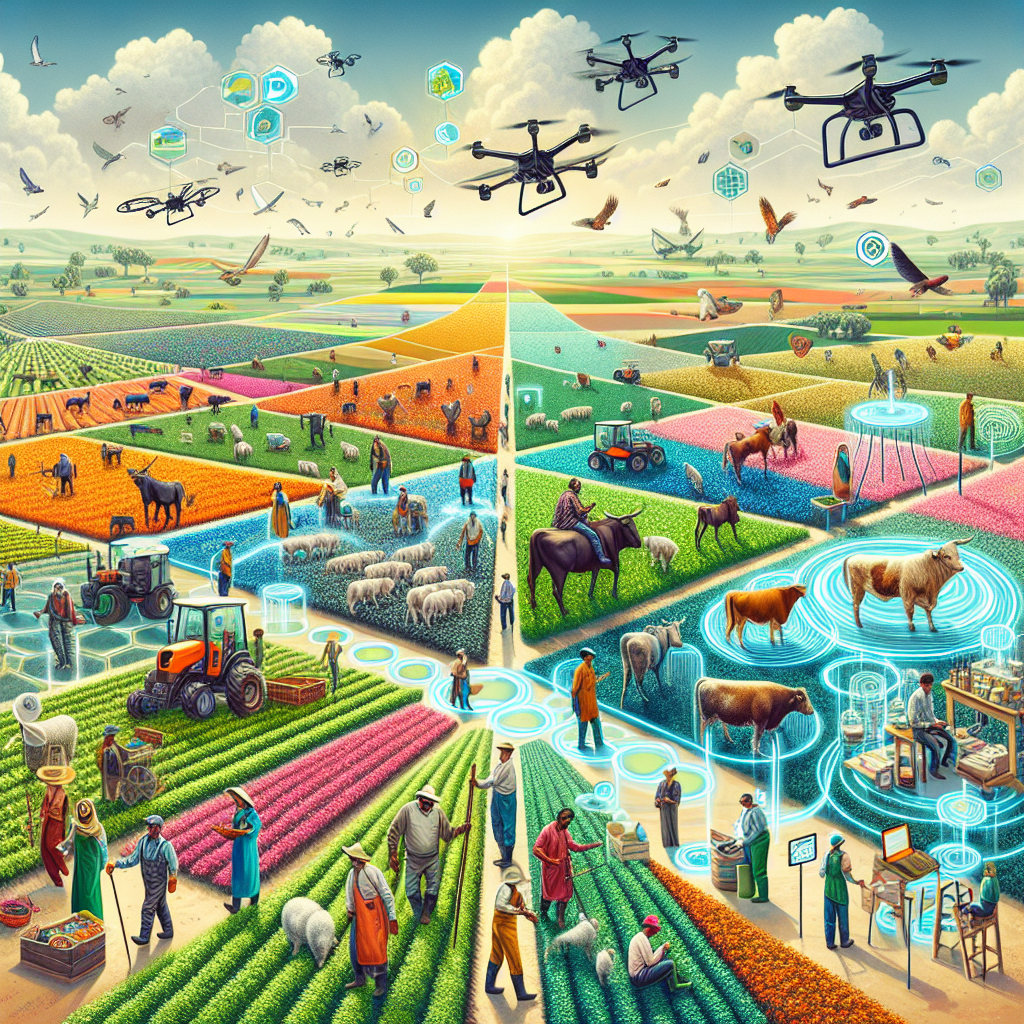Menu
Here is an overview of our Agriculture Administration Narrative Intelligence brief.

This Agriculture Administration narrative is driven by 68 sources in the Cotton Supply Chain module, amplifying 842 narrative items.
Today, our Narrative AI highlights sustainable agricultural practices and environmental stewardship. These narratives highlight initiatives for safe pesticide disposal, innovative ranching techniques, educational events, and technological advancements, all aimed at promoting efficiency, resilience, and responsible resource management in agriculture.
The issues highlighted in the summary reflect significant trends and challenges in the agricultural sector across North America, particularly in Canada and the United States. Demographically, the agricultural workforce is aging, with younger generations often moving to urban areas, leading to a potential labor shortage in rural regions. This shift impacts the sustainability of farming practices and the continuity of family-owned farms.
Economically, initiatives like Cleanfarms' program for disposing of unwanted pesticides and medications underscore the importance of environmental stewardship in agriculture. Farmers are increasingly adopting sustainable practices, as seen in the Jorgensen family's focus on soil health and innovative technologies. However, economic pressures, such as the proposed ban on lab-grown meat in Nebraska, reflect the tension between traditional farming methods and emerging food technologies.
Politically, the agricultural sector is influenced by regulations and policies that can either support or hinder small producers. The pushback against the USDA's electronic ear tag rule illustrates the ongoing struggle between large corporations and smaller farms, with concerns about food security and economic viability at the forefront.
Geographically, events like the Ranch Conversation in Oklahoma and the Applied Research for the Ranch Field Day in Canada highlight the importance of collaboration among producers, researchers, and policymakers to address regional agricultural challenges. These gatherings foster knowledge sharing and innovation, essential for adapting to changing environmental conditions and market demands.
National security considerations also play a role, as food security is increasingly recognized as a critical component of national resilience. The integration of advanced technologies in agriculture, such as RFID and virtual fencing, aims to enhance efficiency and sustainability, ensuring that food systems can withstand future challenges.
Our Kudzu Narrative Intelligence brief auto-updates every few hours with fresh analysis:
Note: Kudzu Narrative Intelligence briefs update every few hours. Very likely, the Narrative Analysis above will have changed as well.
Image Credit for Article Header: DALL-E